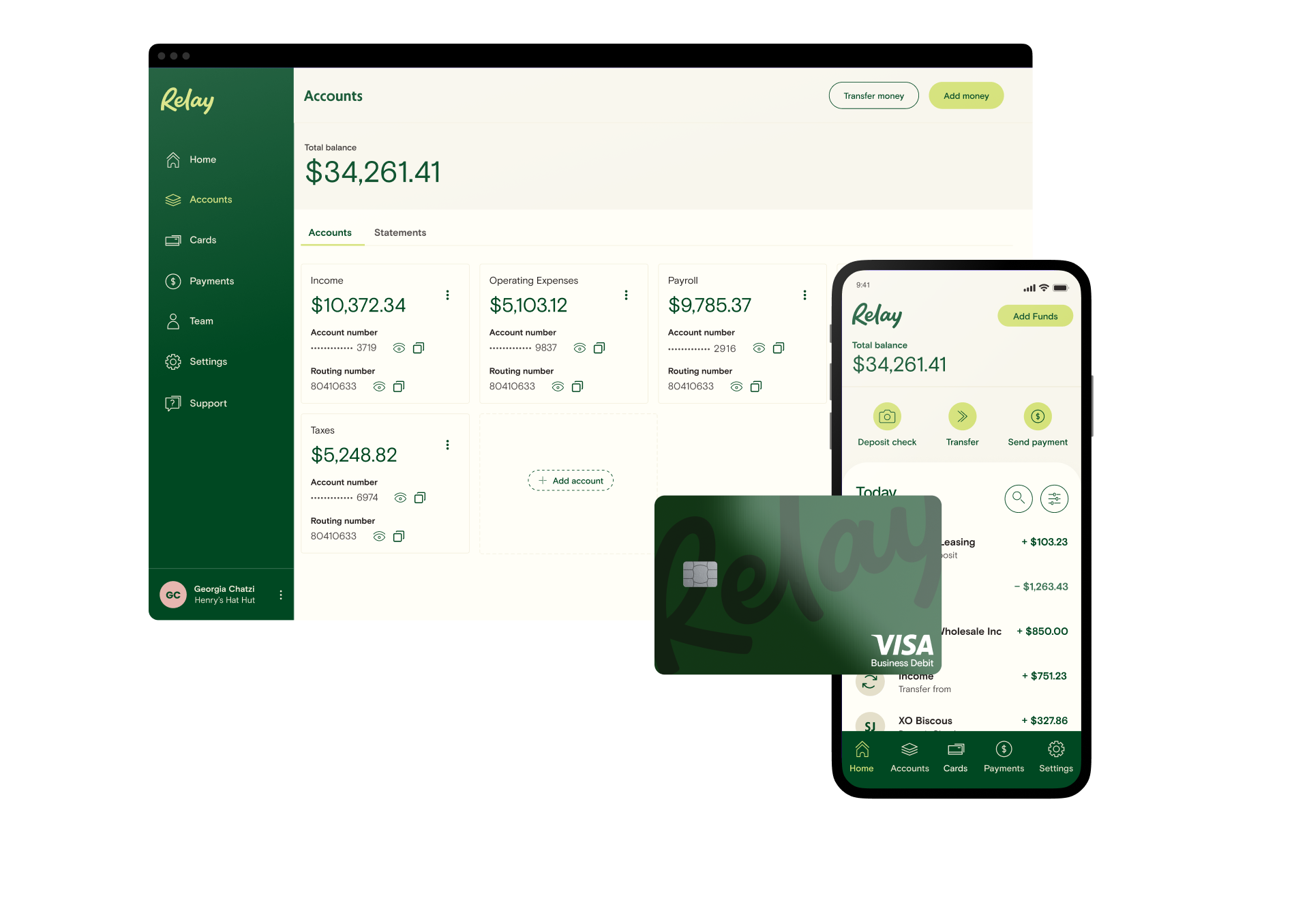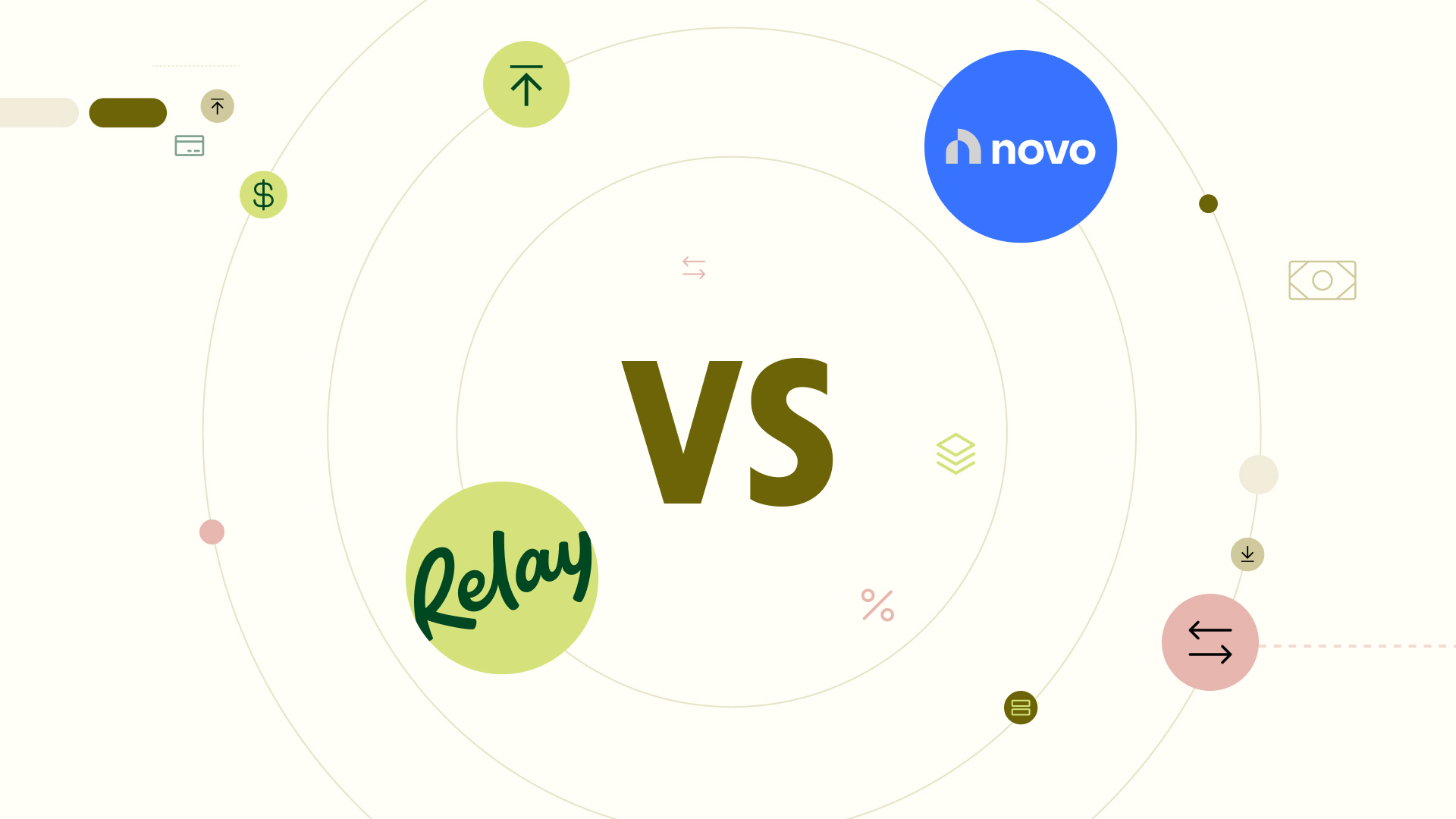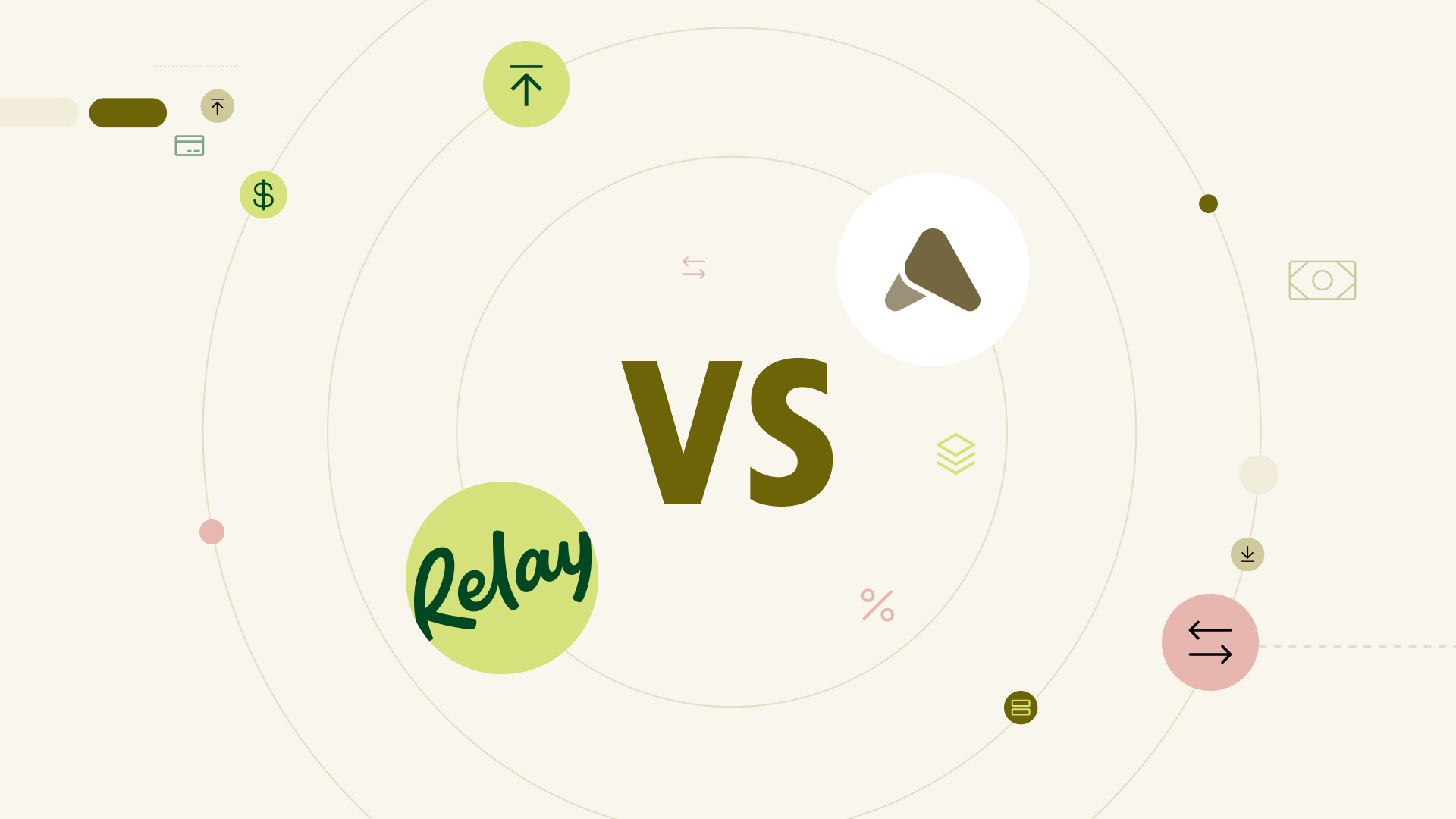Brex is a popular online business banking solution that’s recently made an upmarket move toward funded startups and enterprise businesses. Ramp is a business credit card and spend control tool, geared toward small businesses
With Brex abandoning the SMB market, many business owners are looking for other banking and corporate card options for their day-to-day banking needs. Is Ramp the right alternative? And are there any other solutions?
This article will compare Brex vs Ramp so that you can better understand what alternatives are available for your business. Topics covered include:
🏦 What is Brex?
Brex is a business banking solution for growing businesses that want a bank that can help you make smart decisions with your cash.
Recently, Brex made a strategic move to focus on high-growth tech companies that have a significant amount of funding.
To cater to this demographic, they offer a whole suite of products including:
An all-in-one financial platform to help businesses spend smart and grow fast
Unique reward program, with partnerships and providers tailored to startups
Integrations with popular accounting software
Automatic reconciliation features
Credit card services and cashback rewards
Brex is focused on larger, funded SMBs who need speed and efficiency. One of the challenges that funded businesses face is building the accounting infrastructure to execute their funds quickly. Brex solves these problems, specifically for venture-backed startups looking for scale.
💳 What is Ramp?
Ramp is another SMB financial solution operating in a similar space as Brex. While they do not offer business bank accounts, they do offer business credit cards and expense management tools.
Ramp focuses on bill pay, spend management, expense reports, business card solutions and finance automation tools. One of Ramp’s key features is easy access to credit. Ramp lets you get started without the hassle of personal credit checks or alternative guarantees. At this time, they offer a free version, giving interested SMBs an opportunity to test the platform before they shift their solution.
While it seems as though Ramp is more geared toward small businesses, they have a $75,000 minimum cash reserve balance. Their minimum cash requirement isn’t as high as Brex, but it’s still a bit lofty for many SMBs.
However, it’s important to note both Brex and Ramp seem fixed on moving upmarket to larger small businesses.
⚖️ Brex vs. Ramp: What is the difference?
The main difference between Brex and Ramp is that Brex is an FDIC-insured online bank offering business checking accounts, charge cards and expense management tools, whereas Ramp is an expense management and corporate card provider.
Brex is best for businesses with high-growth and large cash reserves, while Ramp offers a modular approach, tailored to the specific needs of companies — with the ability to add services as needed.
Arguably, Brex is focused on business banking accounts for larger SMBs while Ramp is focused on spend cards and expense management.
📋 Brex vs. Ramp comparison chart
The following chart outlines the specific similarities and differences of both platforms:
Feature | Brex | Ramp |
|---|---|---|
Who is eligible to open an account? | Funded startups or businesses with at least $25,000 in accounts | Incorporated businesses with at least $75,000 in cash. |
Type of businesses served | Enterprise companies | Mid-sized to Enterprise |
No monthly account fees | ✅ | ✅ |
No minimum balance requirements | ✅ | $75,000 |
No overdraft fees | ✅ | ✅ |
Free ACH payments | ✅ | ✅ |
Free check payments | ✅ | ✅ |
No fees on deposits | ✅ | ✅ |
Currency exchange for international wires | ❌ | ❌ |
Domestic wires | Free | ❌ |
International wires | Free | ❌ |
Same-day ACH | ❌ (2-5 day ACH timeline) | ❌ |
Free checking accounts | 8 | ❌ |
Savings accounts | ❌ | ❌ |
Debit cards | ❌ | ✅ (Unlimited) |
Charge cards | ✅ | ✅ |
Cashback and rewards on card spend | ✅ | ✅ |
Accounts payable automation | ❌ | ✅ |
Request payee information | ❌ | ✅ |
QuickBooks Online integration | ✅ | ✅ |
Xero integration | ✅ | ✅ |
Gusto integration | ✅ | ✅ |
Trustpilot rating | 3.7 (Source) | 3.7 (Source) |
Struggling to find a bank that fits your small business? Relay is rated 4.5 on Trustpilot! Here's how Relay stacks up vs Brex here.
Banking Built for Business Owners
No account fees or minimums; 20 checking accounts; 2 savings accounts with 1.00%-3.00% APY; 50 virtual + physical debit cards. Open account 100% online.
Learn more🔐 Qualifying for an account
Here’s what it takes to get up and running with both solutions.
Ramp has an upfront qualifying system. SMBs can open corporate card accounts without a personal guarantee or social security number when applying on their site or mobile app. This means they access the business itself, not the credit score of the business owners. However, the trade-off is a serious bump up in cash requirement for qualifying.
Since Ramp is not a bank, “qualifying” pertains to getting credit. Ramp will only work with incorporated (and LLC) registered businesses in the United States with at least $75,000 in cash. If you don’t have that amount in cash reserves, Ramp (unfortunately) isn’t an option.
Once you qualify for a Ramp card, you’ll have access to all of the other products (spend control, real-time budgets reporting, and so on).
Brex also doesn’t require a social security number when applying for a bank account and corporate credit cards. And on the surface level, they do not have balance minimums, but they generally expect at least $25,000 in your account to qualify.
Most of the requirements are entity-based and geographical requirements (i.e. businesses based and operating in the U.S., with an EIN). In addition to these, the overall cash flow and spending habits of a company are reviewed for an account.
It’s important to note; that Brex evaluates each application individually. Applicants undergo a process, providing different documents at the discretion of Brex’s client onboarding team.
💰 Cashback and rewards
Both Brex and Ramp offer their customers cashback and rewards programs. The main difference is that Brex has a point system that allows you to redeem points for different business-oriented items. Reward options include:
Advertising options, like billboards
Offsite events, for corporate retreats or employee perks
Executive coaching
Benevolent causes you’d like to support
Ramp has fixed discounts with nearly two dozen vendors, called “Partner Rewards.” These rewards include discounts for common business tools for collaboration (Slack), sales (Salesforce) and data management (Amazon Web Services).
In addition to vendor incentives, Ramp offers an interest yield program if you choose to park your funds with them.
🔁 Accounts payable management
Both Brex and Ramp have a focus on spend management.
Again, Ramp isn’t a bank, but does offer cards and expense management tools. Brex is a bank with a range of spending tools.
Brex uses automation, syncing with your accounting software for automatic tracking. It’s a bit easier, since it’s coming from a Brex bank account.
However, the biggest focus of both Brex and Ramp is on expense management for large teams (again, going upmarket).
In larger organizations, those spending the money aren’t those in charge of the bottom line. A good example would be a company with 100+ employees, multiple departments, or even multiple entities.
Each department (or entity) likely needs to spend without direct approval from an executive. These organizations require comprehensive card issuance and expense policies to ensure everyone gets what they need, with detailed controls on the purse strings.
With most small businesses, the owner and management team understands who’s spending the money — if they’re not directly involved in the purchase.
The level of accounts payable management at Brex and Ramp leans toward the larger organizations, possibly more complex than many SMBs even need.
🆚 Verdict: Which expense management alternative is right for you?
Both Brex and Ramp are both expense management alternatives for SMBs that far exceed the flexibility that traditional banks offer. Who’s a better choice? It depends on the needs of your business.
If you're a venture-backed startup looking to IPO in the not-too-distant future, Brex offers both business banking and expense management tools to help your business stay on top of your finances.
If you're a small business with fewer than 100 employees, looking for expense management and easy access to corporate cards, Ramp is a sound option. However, you’ll need a large cash reserve of nearly 6-figures to ensure compliance with their $75,000 minimum.
📊 Relay: Online banking that puts you in control of your cash flow
What if you’re a small business focused on improving cash flow, but don’t have a lofty cash reserve, venture funding or hundreds of employees?
Unfortunately, with Brex you may not make it past the onboarding review. And even if you have the $25,000 required by Ramp, you still won’t have your banking, cards, and spend controls all in a single login.
If this sounds like your situation, consider Relay.
Our modern banking solution is an FDIC-insured* banking platform, allowing our users to create up to 20 no-fee checking accounts and grant greater control of cash inflows and outflows. With Relay, you can issue up to 50 physical or virtual debit cards for you and your team and set individual spending limits to track team spending.
Banking Built for Business Owners
No account fees or minimums; 20 checking accounts; 2 savings accounts with 1.00%-3.00% APY; 50 virtual + physical debit cards. Open account 100% online.
Learn more*FDIC insurance provided by Thread Bank.
If you’re looking for an online banking solution that puts you in control of your cash flow, check out Relay — you can sign up here!




